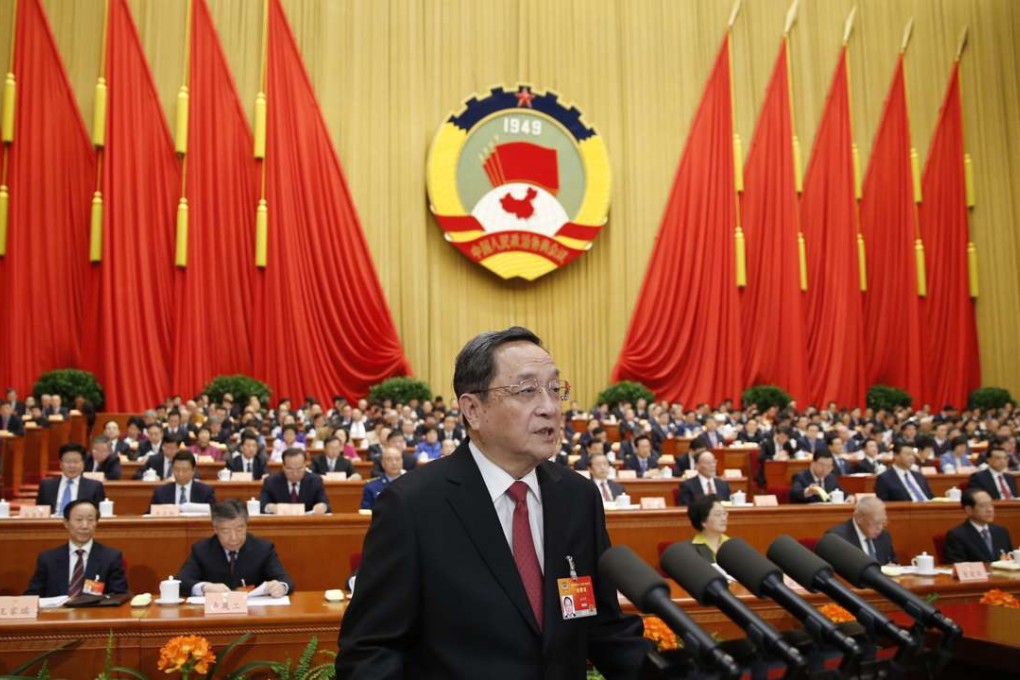Beijing call for talks in Hong Kong schools revives brainwashing fears
Former education chief stresses need for balance after CPPCC members told to promote national efforts

Education experts in Hong Kong called on the government to tread carefully and ensure pupils were presented with balanced views after Beijing’s top political advisory body urged delegates to visit schools to promote mainland developments.
Some students vowed on Tuesday to take the discussion of sensitive topics such as Hong Kong independence into classrooms.
On Monday, an annual working report of the Chinese People’s Political Consultative Conference Standing Committee was officially passed by more than 2,000 delegates in Beijing. It mentioned for the first time the need for resolute opposition to independence and for assisting the promotion of activities related to education of “national conditions” carried out by CPPCC members in schools.
In a radio show on Tuesday, former education minister Michael Suen Ming-yeung stressed the importance of providing pupils with balanced information.